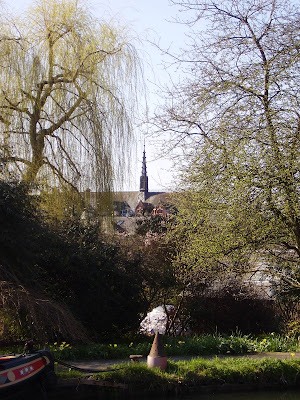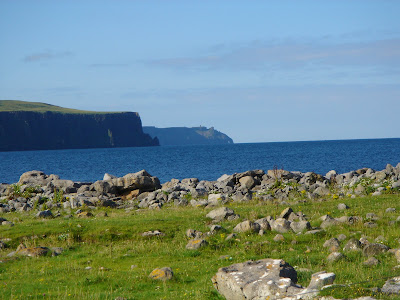 I don’t remember any recent film disturbing me as much. It opened last month and we went to see it last night, and I’m still unsettled. I’m not quite sure why this is. Some of the presuppositions of the plot don’t really work, and there have been equally unpleasant predicaments and tragedies in other films.
I don’t remember any recent film disturbing me as much. It opened last month and we went to see it last night, and I’m still unsettled. I’m not quite sure why this is. Some of the presuppositions of the plot don’t really work, and there have been equally unpleasant predicaments and tragedies in other films. Perhaps it is a tribute to the way the story is told: there are enough clear indications from the beginning about the true nature of the story but these are developed and played out slowly and deliberately through the whole film.
The narrator speculates at the end whether all human beings also go through life not understanding what they are living through and feeling they didn’t have enough time, but I’m not sure that was it.
I suspect it may have been a little earlier when her former Headteacher observed that the wider population’s greatly enhanced well being meant it couldn’t afford to consider the full humanity of those whose predicament brings that well being about.
If that is it, it makes participation in everything from slavery to a lifestyle only really possible through the poverty of others more recognisable and believable, which is unsettling enough.
I’ll have to read the original 2005 Kazuo Ishiguro novel to see how far this is all played out there.
The picture is another of those I took at Berkhamsted School recently.


















